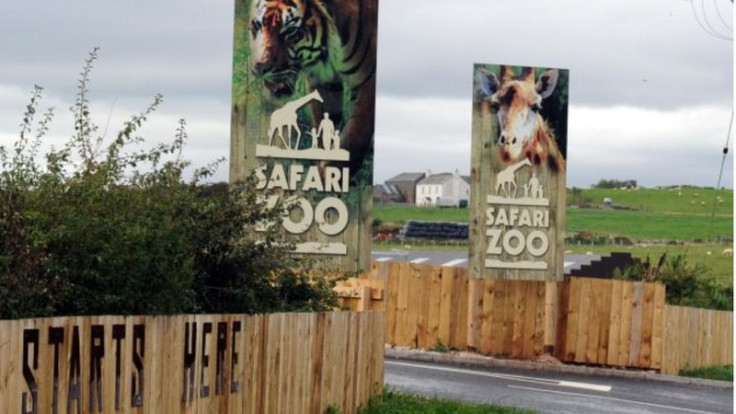Lion killed at 'Britain's worst zoo' was poisoned, TV documentary shows
Nero the African lion is believed to have eaten contaminated meat at South Lakes Safari Park in Cumbria.

An African lion died after it suffered barbiturate poisoning at a safari park.
Nero the African lion is believed to have eaten contaminated meat at South Lakes Safari Park in Cumbria, nicknamed "Britain's worst zoo" after nearly 500 animals died there.
Karen Brewer, the zoo's chief executive, said the animal had died collapsed in July 2017 as a result of barbiturate poisoning but the exact cause of death is not yet known.
The lion's death has been brought to light by a BBC documentary Trouble at the Zoo, which will be broadcast next week.
The documentary will explore the park's reputation after 486 animals died at the facility between December 2013 and September 2016, including two baby snow leopards found partially eaten by other leopards in their enclosure.
Others include a dead squirrel monkey found stuck behind a radiator and a rhino which was crushed to death by its partner.
In 2013, a 14-year-old Sumatran tiger called Padang mauled worker Sarah McClay to death in an enclosure.
A new company called the Cumbria Zoo Company has since taken over the park and is improving the zoo.
In a statement, Brewer told the Daily Mirror that the zoo was saddened by the death of Nero, despite receiving intensive care by vets.
"Results that followed indicated that Nero's collapse was as a result of barbiturate poisoning," she said.
"Although we cannot determine 100 per cent where the contamination came from it is essential to try to ensure it does not happen again."
"Barbiturates can only be administered by a vet and could have come from Nero's food supply.
"We have an ongoing contract with a meat supplier to only deliver meat that has not received veterinary attention in any way.
"Nero was a firm favourite with both visitors and animal carers alike and he is deeply missed."
Last month, the RSPCA closed an investigation into the zoo.
A statement by the organisation said: "In light of changes made in the zoo in terms of management and the efforts being made to improve conditions, we have decided to draw this investigation to a close.
"Since the zoo has been under new management some changes have been introduced to improve the welfare of animals and we hope they continue to improve standards for all the animals."
A previous report found a host of problems at the zoo, including poor quality enclosures and overcrowding.





